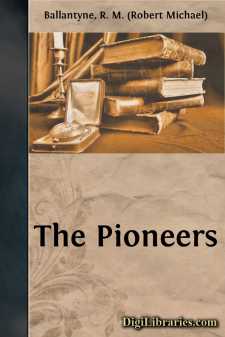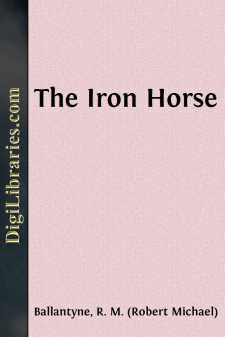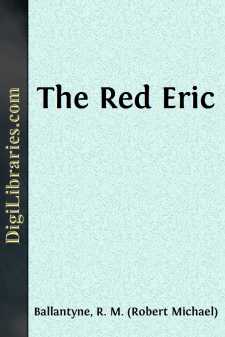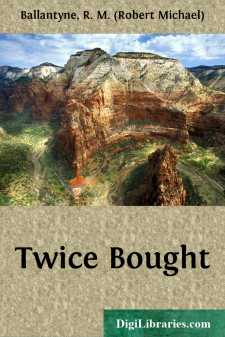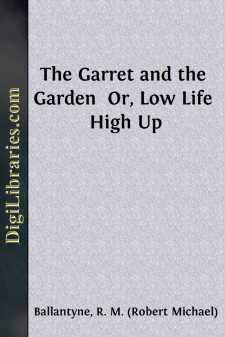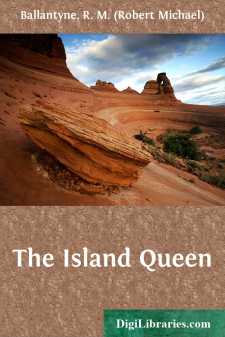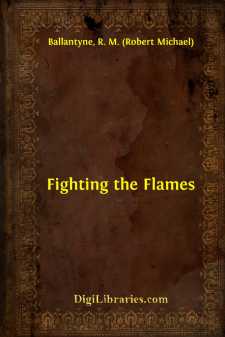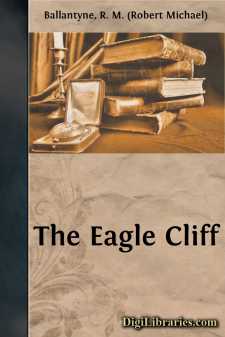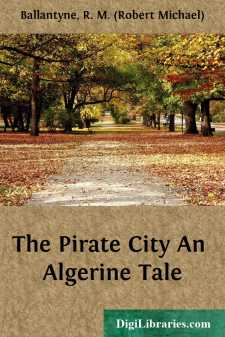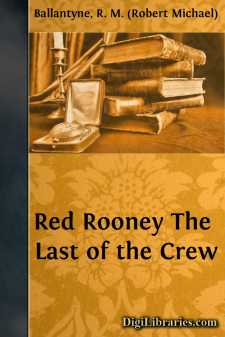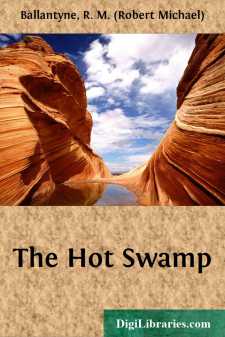Categories
- Antiques & Collectibles 13
- Architecture 36
- Art 48
- Bibles 22
- Biography & Autobiography 813
- Body, Mind & Spirit 142
- Business & Economics 28
- Children's Books 17
- Children's Fiction 14
- Computers 4
- Cooking 94
- Crafts & Hobbies 4
- Drama 346
- Education 46
- Family & Relationships 57
- Fiction 11829
- Games 19
- Gardening 17
- Health & Fitness 34
- History 1377
- House & Home 1
- Humor 147
- Juvenile Fiction 1873
- Juvenile Nonfiction 202
- Language Arts & Disciplines 88
- Law 16
- Literary Collections 686
- Literary Criticism 179
- Mathematics 13
- Medical 41
- Music 40
- Nature 179
- Non-Classifiable 1768
- Performing Arts 7
- Periodicals 1453
- Philosophy 64
- Photography 2
- Poetry 896
- Political Science 203
- Psychology 42
- Reference 154
- Religion 513
- Science 126
- Self-Help 84
- Social Science 81
- Sports & Recreation 34
- Study Aids 3
- Technology & Engineering 59
- Transportation 23
- Travel 463
- True Crime 29
The Pioneers
Categories:
Description:
Excerpt
Preface.
Sir Alexander Mackenzie was one of the most energetic and successful of the discoverers who have traversed the vast wilderness of British America. He did his work single-handed, with slender means, and slight encouragement, at a time when discovery was rare and the country almost terra incognita. The long and difficult route, so recently traversed by the Red River Expedition, was, to Sir Alexander, but the small beginning of his far-reaching travels. He traced the great river which bears his name to its outlet in the Polar Sea, and was the first to cross the Rocky Mountains in those latitudes and descend to the Pacific ocean.
Being a man of action, and not particularly enamoured of the pen, his journal (For a sight of which apply to the British Museum, London, or the Advocates’ Library, Edinburgh)—full though it be of important and most interesting facts—is a bare and unadorned though valuable record of progress made, of work done, which is unsuited to juvenile minds, besides being bulky and scarce.
Having spent some years in Rupert’s Land, and seen something of Red Indian and fur-trading life, I have ventured to weave the incidents of Sir Alexander’s narratives into a story which, it is hoped, may prove interesting to the young—perchance, also, to the old.
I take this opportunity of acknowledging myself deeply indebted to Sir Alexander’s daughter, Miss Mackenzie, and to his two sons, for kindly placing at my disposal all the information in their possession.
R.M.B.
Edinburgh, 1872.
Shows how it began.
“The world is round,” said somebody in ancient times to somebody else.
“Not at all; it is flat—flat as a pancake,” replied somebody else to somebody; “and if you were to travel far enough you might get to the end of it and tumble over the edge, if so disposed.”
Ever since the commencement of this early geographical controversy, men have been labouring with more or less energy and success to ascertain the form and character of the earth; a grand, glorious labour it has been; resulting in blessings innumerable to mankind—blessings both spiritual and temporal.
We have heard some people object to geographical discovery, especially in the inclement parts of the earth, on the ground that it could be of no use, and involved great risk to life and limb. “Of no use!” Who can tell what discoveries shall be useful and what useless? “The works of God are great, sought out of all those that have pleasure therein,” saith the Scripture. There is no reference here to usefulness, but the searching out of God’s works, without limitation, is authorised; and those who “take pleasure therein,” will be content to leave the result of their labours in the hands of Him who sent them forth. As to “risk,”—why, a carpenter cannot ascend to the top of a house to put the rafters thereon without risk; a chemist cannot investigate the properties of certain fumes without risk; you cannot even eat your dinner without risk....


